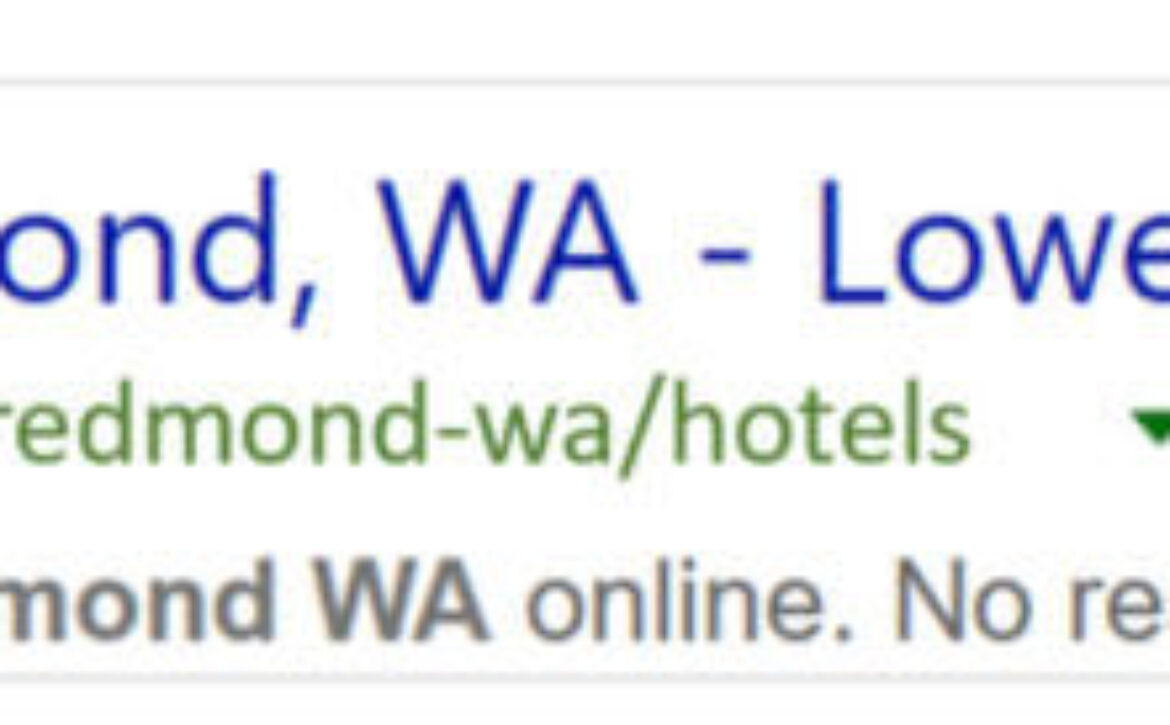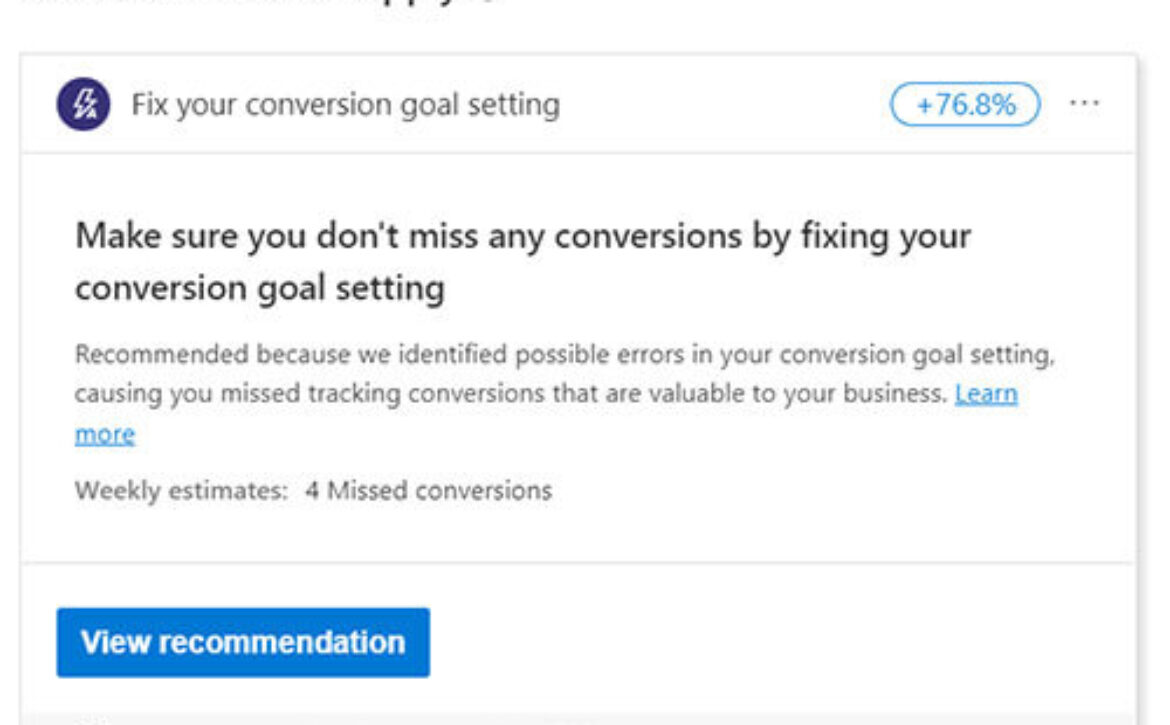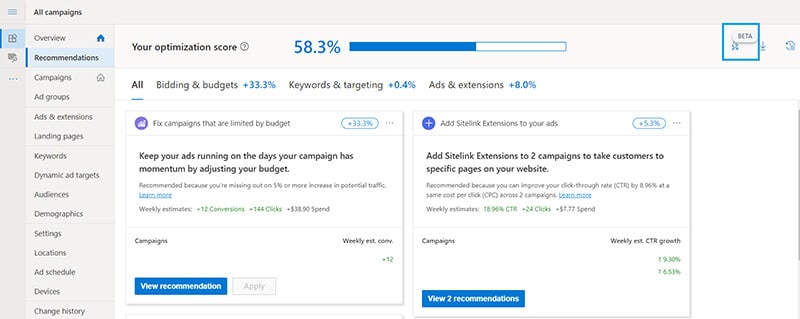Google removed App campaign placement data from Ads and AdWords API reports
On January 5, Google removed all App campaign placement data from several reports within the Google Ads API and the AdWords API. “We made this change because the data provided didn’t fully represent the complete view of the placements that help developers monitor brand safety for their advertisers,” the company said in its announcement on February 28.
Why we care. Keeping an eye on where your ads show up can help you steer clear of unwanted placements and associations. If you’re looking for App campaign placement information in the reports (mentioned below), it won’t be there. Instead, Google advises that you reference the App Campaigns Brand Safety Placement report, which can be accessed via the Google Ads UI.
Where the data was removed from. Google removed App campaign placement data from the Google Ads API’s Group Placement View and Detail Placement View reports.
App campaign data was also removed from the AdWords API’s Automatic Placements Performance and Placement Performance reports.
AdWords API is on the way out. The legacy AdWords API is scheduled for deprecation on April 27. Developers must migrate over to the Google Ads API before then.
The post Google removed App campaign placement data from Ads and AdWords API reports appeared first on Search Engine Land.





